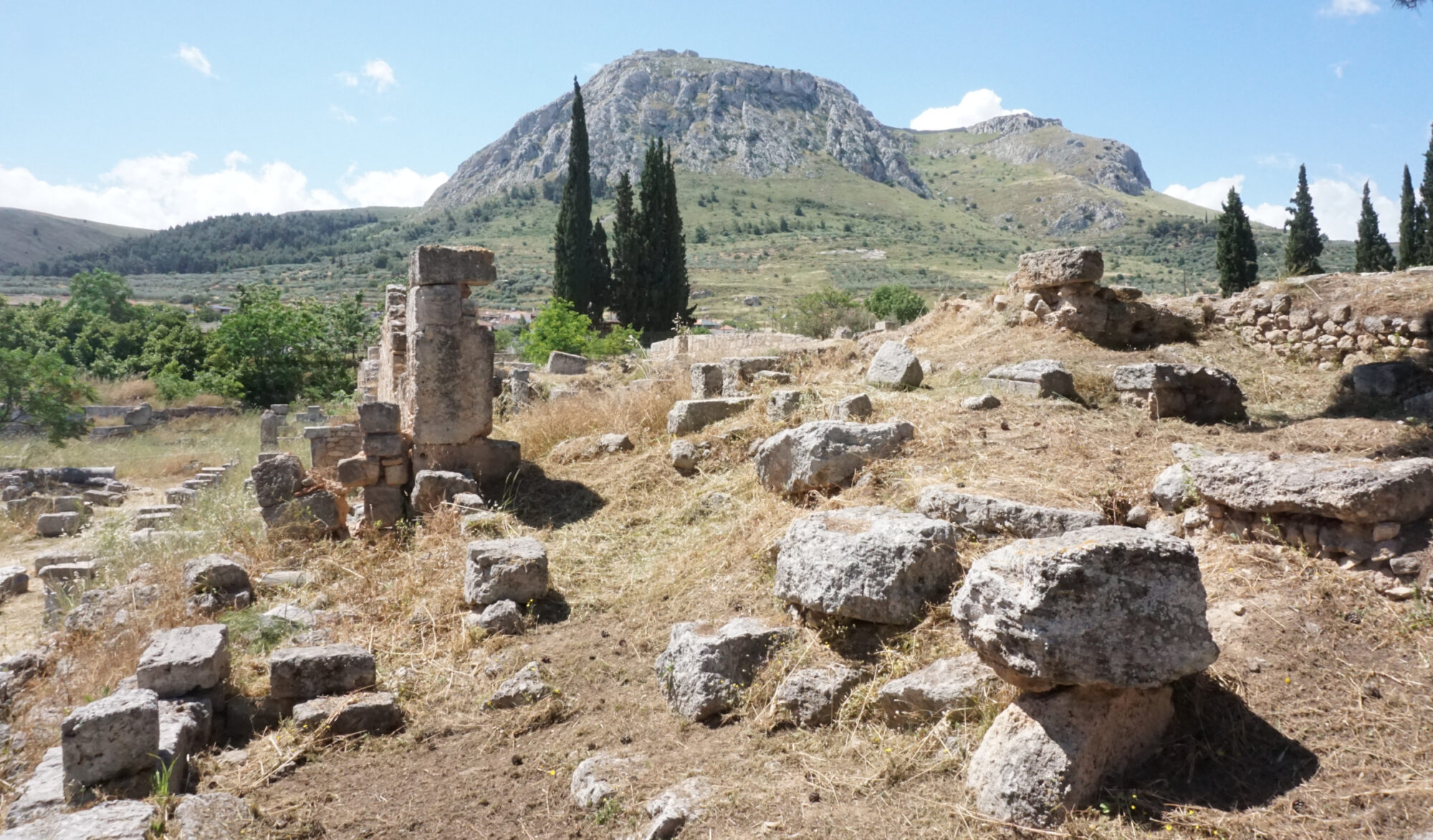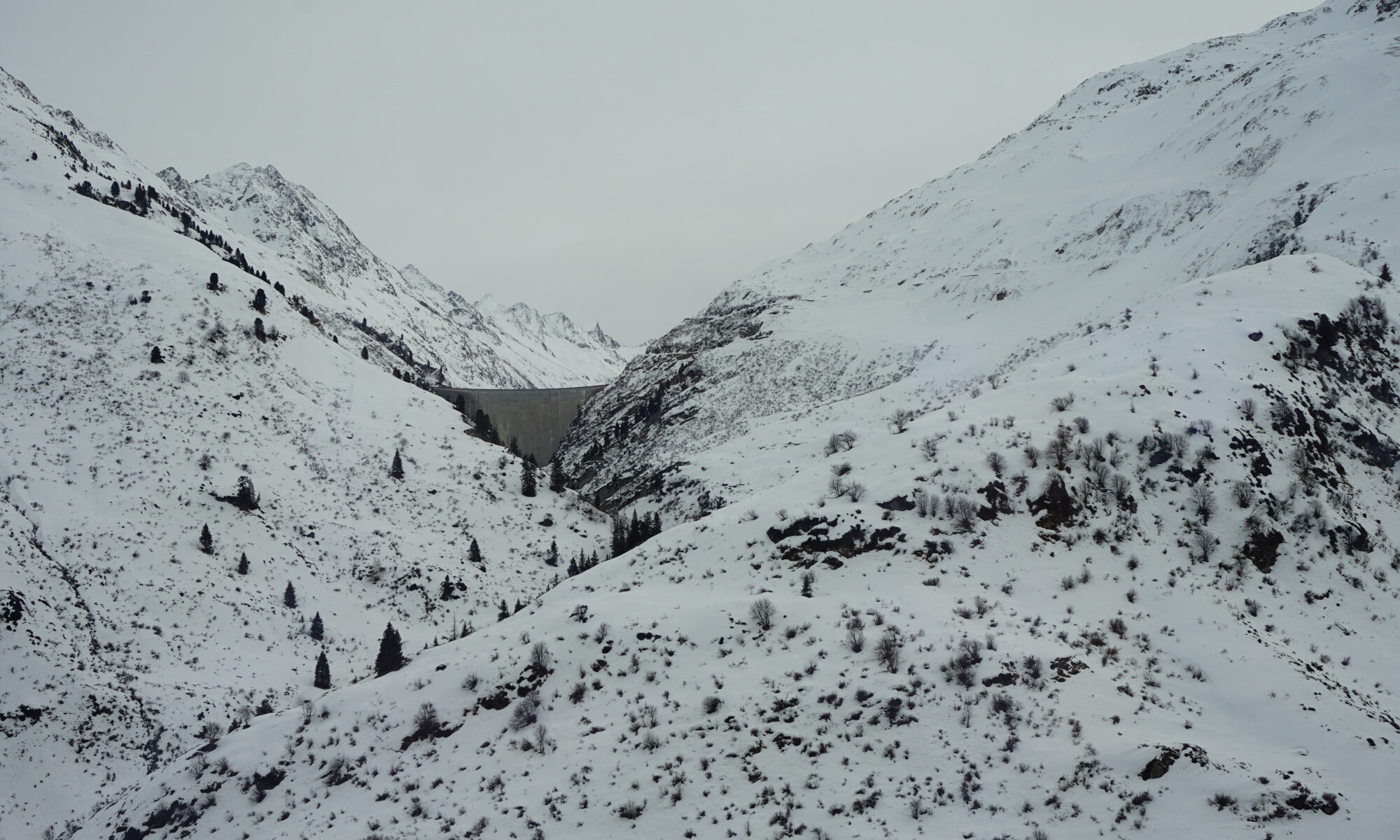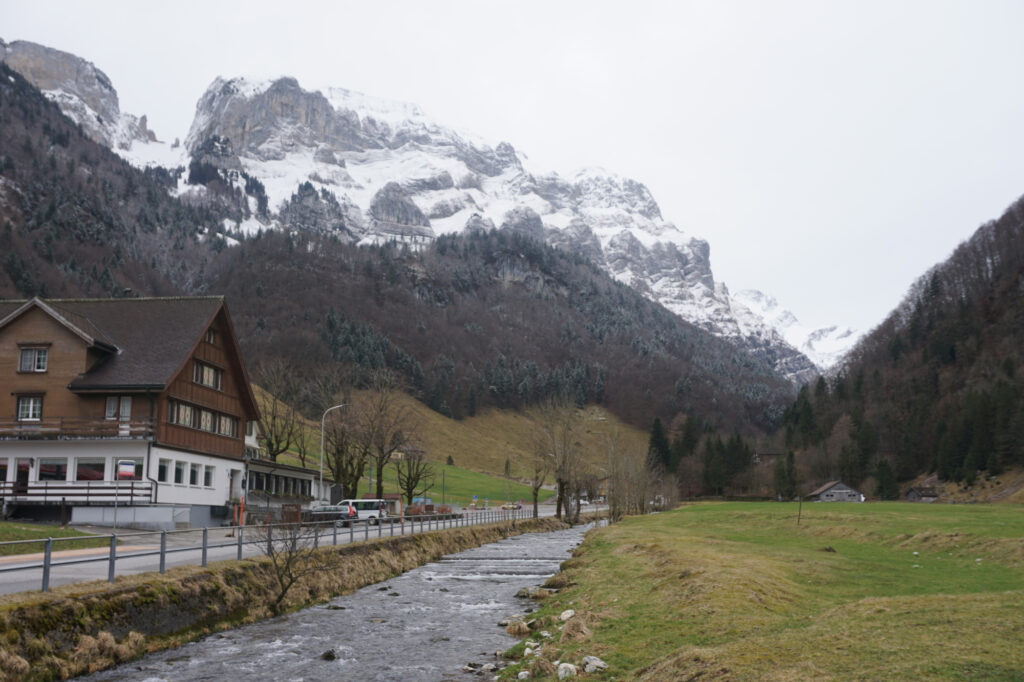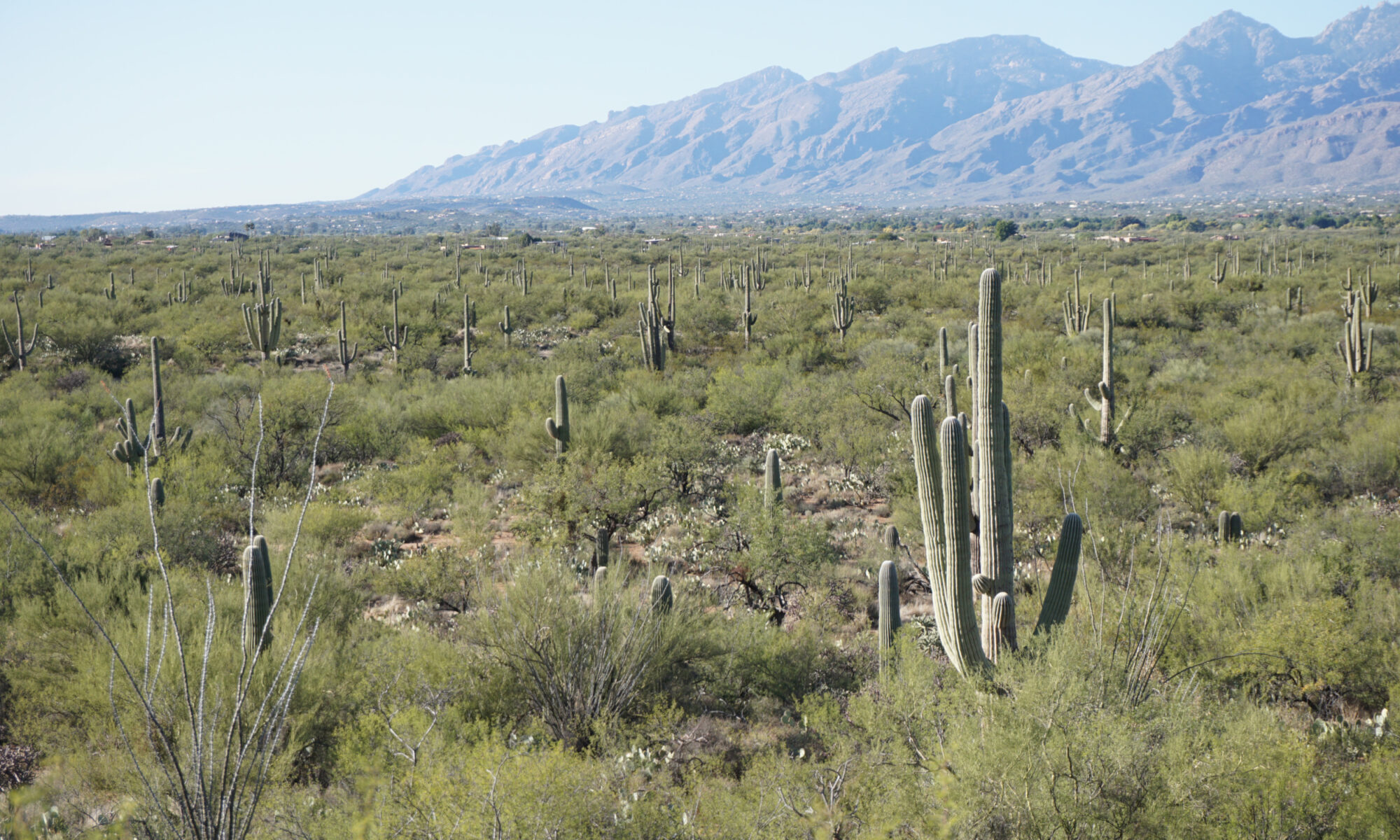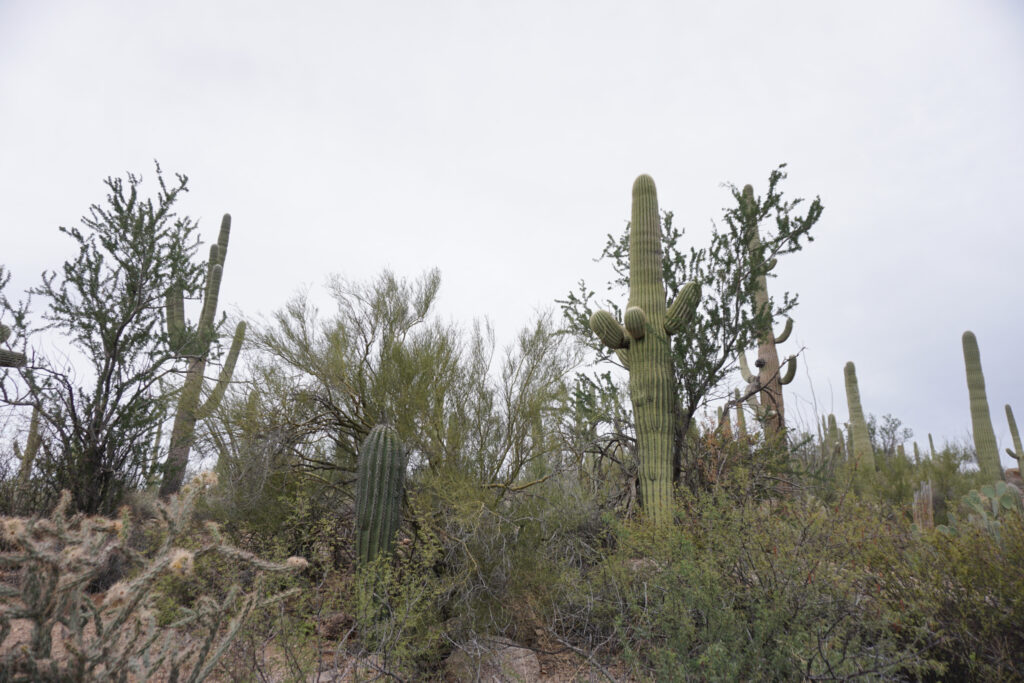Matthew 8:24–27 (ESV)—And behold, there arose a great storm on the sea, so that the boat was being swamped by the waves; but he was asleep. And they went and woke him, saying, “Save us, Lord; we are perishing.” And he said to them, “Why are you afraid, O you of little faith?” Then he rose and rebuked the winds and the sea, and there was a great calm. And the men marveled, saying, “What sort of man is this, that even winds and sea obey him?”
A snorkeling excursion—my first—on my honeymoon took my husband and I off the coast of Barbados. The sunshine shimmered on the turquoise sea, goggles complete with snorkel tube perched on top of my head, and a life jacket wrapped around my upper body.
I edged toward the back of the boat, behind others from our tour. Deep breath in, I jumped. Salt water splashed my face; I spluttered and swayed my feet.
All the while, a hint of panic set in and I snatched my husband’s arm. “Hubby, I can’t touch the bottom.”
The guide, hearing my panicked whispers, swam to us and handed me the more substantial, bright-orange life preserver. I bear-hugged the flotation device until I felt calm.
Why was I so afraid in that moment? Perhaps because I sink like a rock in the water. Maybe because I’d never ventured into water so deep, always before having the anchor of sand beneath my feet. Or, just a thought, fear settled in like a shark sinking it teeth into its dinner.
Indeed, fear caused me to falter even though I wore a life jacket. My fear overwhelmed my sense of safety because I did not understand the enormous effect on my mind of my feet being anchored to the sandy floor.
Another anchor, fear, can drown us if we don’t have knowledge of the magnitude of God’s might. The disciples learned this lesson from their fear of drowning in a storm, even though Jesus lay on the boat with them, having performed miracles in sight of the disciples that very day.
In the midst of the gales rocking the boat and waves filling it like a bathtub, the disciples needed more understanding of Jesus when fear rocked up and sank in its teeth—and did Jesus provide a showstopper. He calmed the sea, and the disciples stood in awe. Their knowledge of God’s power grew and that moment likely stayed with them as they did God’s work and faced hardship in the future.
It is understanding of God’s might that anchors our faith and helps us to trust God with one-hundred-percent confidence. Wisdom gained from God’s Word helps us to fight and defeat fear and to hear God speak over the cacophony of the storm.

